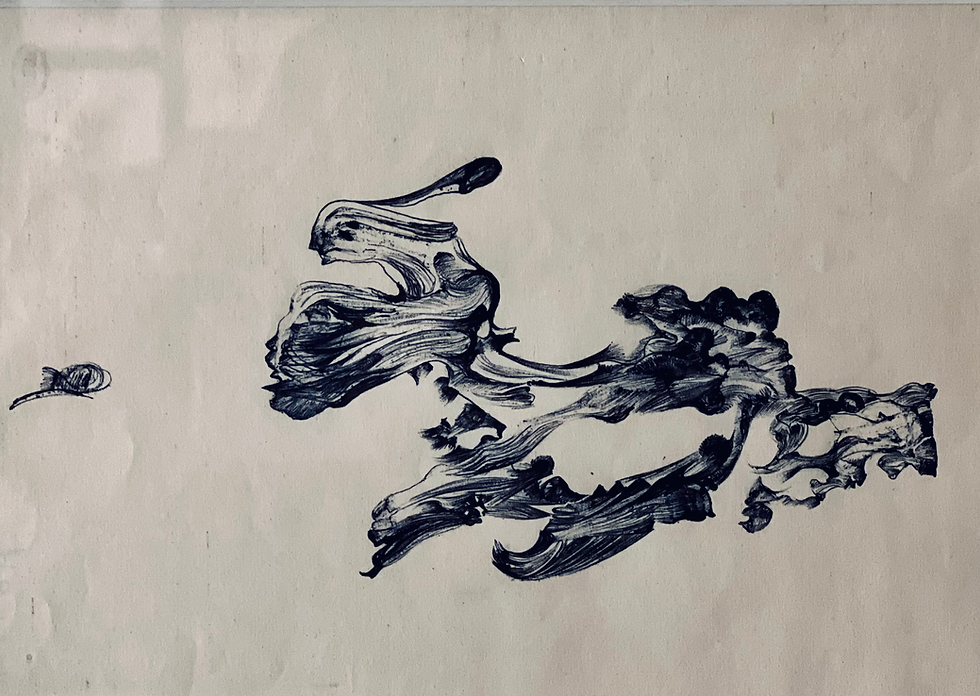The Wisdom of Carmen Maria Machado’s Prologue for In The Dream House
- Roxanne Noor
- Aug 3, 2023
- 3 min read
Updated: Aug 4, 2023

Prologues usually irritate me. They read as a clumsy info dump, and can often ruin a book by congesting the reader with too many back story details. Prologues can inflate the material and narrow a perspective down to the one who is telling it. This is not the case with Carmen Maria Machado’s memoir, In The Dream House.
The prologue was not only thoughtful, but an act of contemplating the value of memoirs themselves.
There is a responsibility in telling our stories. There is a necessity in re-awakening the past through its distance, as the person we are telling it now. The person we are now is more wise and mature than the person who is going through the experiences back then. There is a cognitive space, and a neutrality that allows us to examine our past from a bird’s eye view. To tell our story from this place of both experiencer and observer, is a power.
Most of the ones who tell stories and share them, do so who are able to tell stories, are because they have the power to. Their personal archive holds value. Machado says how the word archive came from Jacques Derrida, the etymology is from the ancient Greek and translates to “the house of the ruler”. This etymology speaks to the fact that there is an authority to unearthing the past in the now.
“What is placed in or left out of the archive is a political act, dictated by the archivist and the political context in which she lives.”
Certain happenings are not important enough to record and other things are so important that they are clubbed into silence purposefully. This silence is deliberate and act of hiding, a violence. There are gate keepers of the past who constructed history in their image.
The memoir holds power because nobody else but you can say what you lived through and how it shaped you. You are the stone in which you sculpt your perception of self.
Stories build reality. The memoir asks what the foundation of one’s reality is. What is my story in accordance to God or truth? What is the story I tell to myself about my childhood? What is the story I tell myself about my last relationship These tales build a belief system that influences the collective behavior. The personal is the universal.
“The memoir is, at its core, an active resurrection. Memories recreate the past, reconstruct dialogue. They summon meaning from events that have long been dormant. They braid the clays of memory and essay and fact and perception together, smash them into a ball, roll them flat. They manipulate time; resurrect the dead. They put themselves and others, into necessary context.”
The memoir is an archive of the self, a constellation of what we choose to pick out in the hardened amber of time. What happened to us is fixed, but the way we perceive it is not. The lessons shape shift as we do. There are associations, patterns, and trends we cannot see until years later. The past seems to reconfigure itself.
Machado’s memoir is one of her queer relationship, its love and its pain. There is a willingness to dissect the past and break the silence of the abused.
Though the stories of our lives differ in content, the essence is the same. We all harbor the same wants, we all want to experience love in a way that feels good. When relationship feels cruel, there is a hope that its undercurrent is still benevolent. There is a necessary optimism in relationship, even when it borders on delusion. We try and we hurt, and still, we love.



Comments